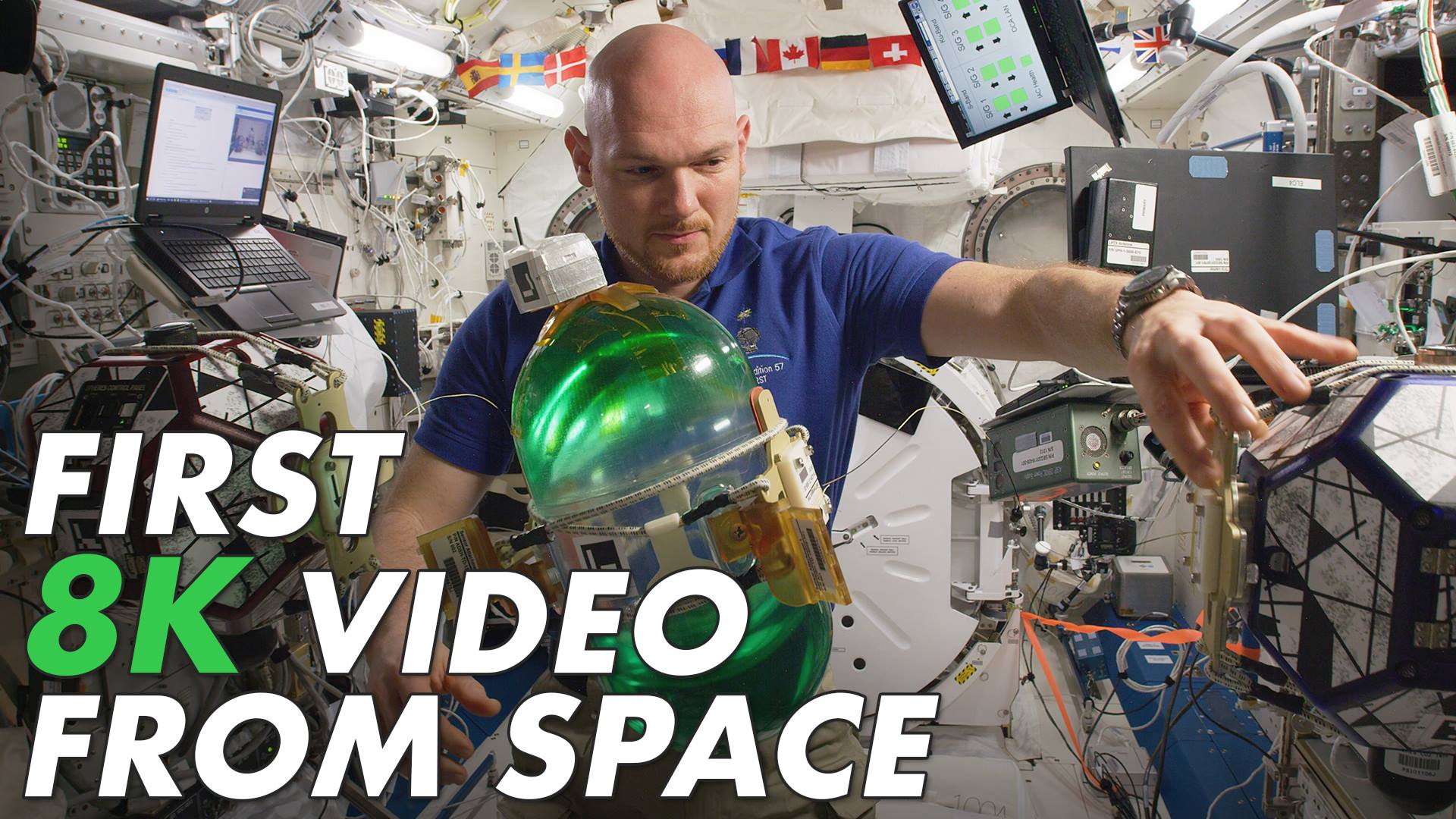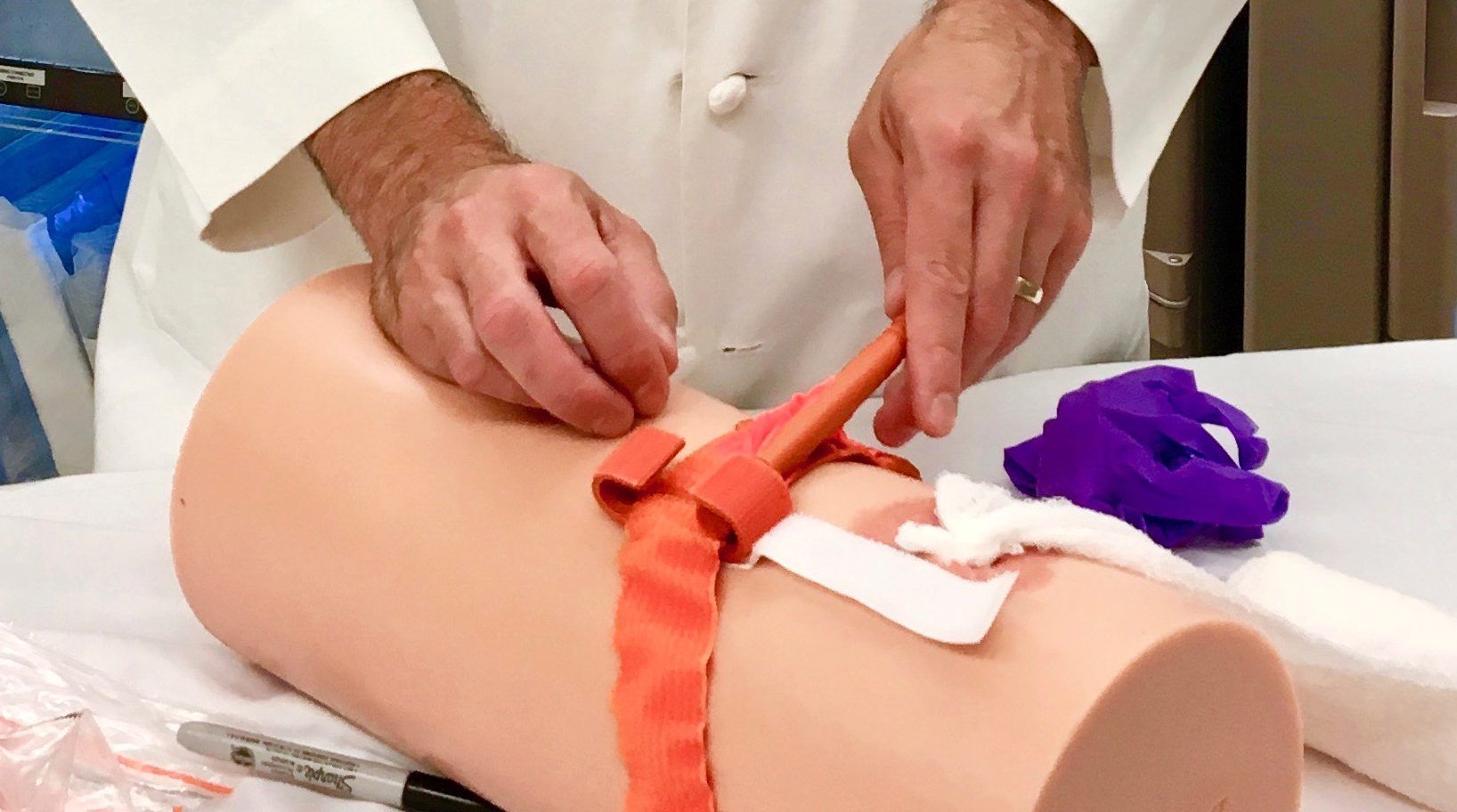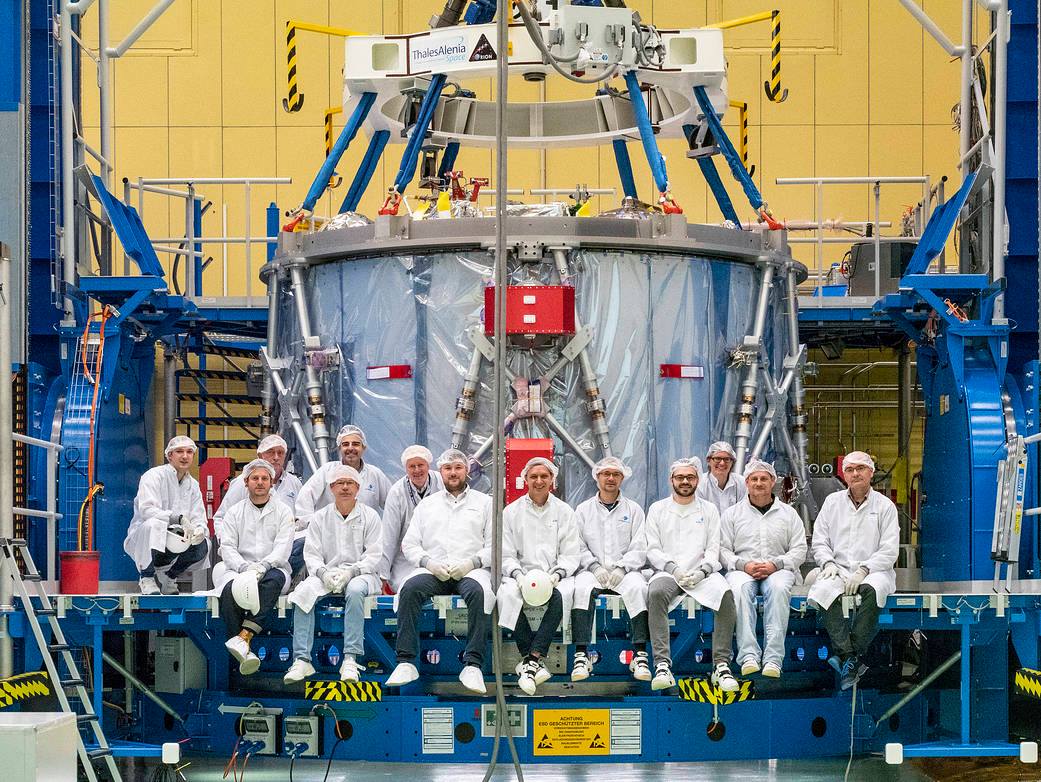The aPad can explore marine environments while keeping in direct contact with a team above sea level or other manned robots underwater.
First 8K Video from Space
Posted in space
If we can reach our third and final stretch goal and expand the scope of the experiment massively. Could NMN be a true anti-aging drug?

Choosing Health Early On
Posted in futurism, life extension
A thought experiment to see whether life extension might contribute to your happiness.
Today, we’re going to engage in a thought experiment. We’re going to imagine a world with some sort of antechamber to life in which you hang around as some sort of disembodied entity before you are born. (Some people actually believe in something like that, but we won’t go there; it’s just a thought experiment.)
The Choice to Be Born
Let’s suppose that, as a disembodied soul, you have a somewhat human outlook on things: you want to enjoy new experiences, avoid unpleasant circumstances, and so forth. Let us further suppose that you have a choice over being born or not and that someone comes along and tries to get you sold on the idea of being born. Neither of you can predict the future and know exactly how good or bad a life you would have, but you do know the gist of it—what stages you need to go through, what issues may manifest, etc.
Tune in to NASA TV to learn more about this major milestone that will help propel us to deep space missions: https://go.nasa.gov/2qqRCNI
http://www.undoing-aging.org/news/professor-richard-barker-t…nbrFm8JTxA
Richard is an internationally respected leader in healthcare and life sciences. He says: “I’m focused on accelerating precision medicine technologies to advance our healthy lifespan”.
Now in a new paper, published in Psychological Science, Martin Maier and Rasha Abdel Rahman at the Humboldt University of Berlin report that by affecting visual processing at an early stage, such linguistic differences can even determine whether someone will see a coloured shape – or they won’t. “Our native language is thus one of the forces that determine what we consciously perceive,” they write.
The wavelengths of light that we perceive as colours form a smooth continuum, but crucially, the colour categories that people use to divide up this spectrum vary between languages. Maier and Abdel-Rahman studied native Greek-, Russian- and German-speakers for whom these categories differ.
In both Greek and Russian, there is a dedicated category-word for “light blue” and another for “dark blue” but no specific word for “blue” as a broader category. In German (as in English), people can use qualifiers to refer to “light blue”, “navy blue” or “sky blue”, and so on, but there are no dedicated category words for these shades. On the other hand, in German (also as in English) there is a dedicated word “blue” (blau in German) to cover all the shades of blue. However, Russian, Greek and German alike have a dedicated category word for referring to all shades of “green”, just as we do in English.
Earlier work already showed that having a category term for something – whether it’s an object or a colour – speeds up a person’s ability to identify that item among a host of others. Russian-speakers are faster at discriminating between light and dark blue colour patches than English-speakers, for example. Maier and Abdel-Rahman wanted to go further and see whether linguistic colour categories would influence the likelihood of speakers of different languages becoming conscious of something at all.









